In Dallas, a Big Thought is Brewing About How Cities Can Help Their Children Grow
Key Points
-
Communities need creative outlets for youth to help them discover and express themselves beyond traditional school settings.
-
Organizations like Big Thought are essential for building learner-centered ecosystems that allow young people to thrive and lead.
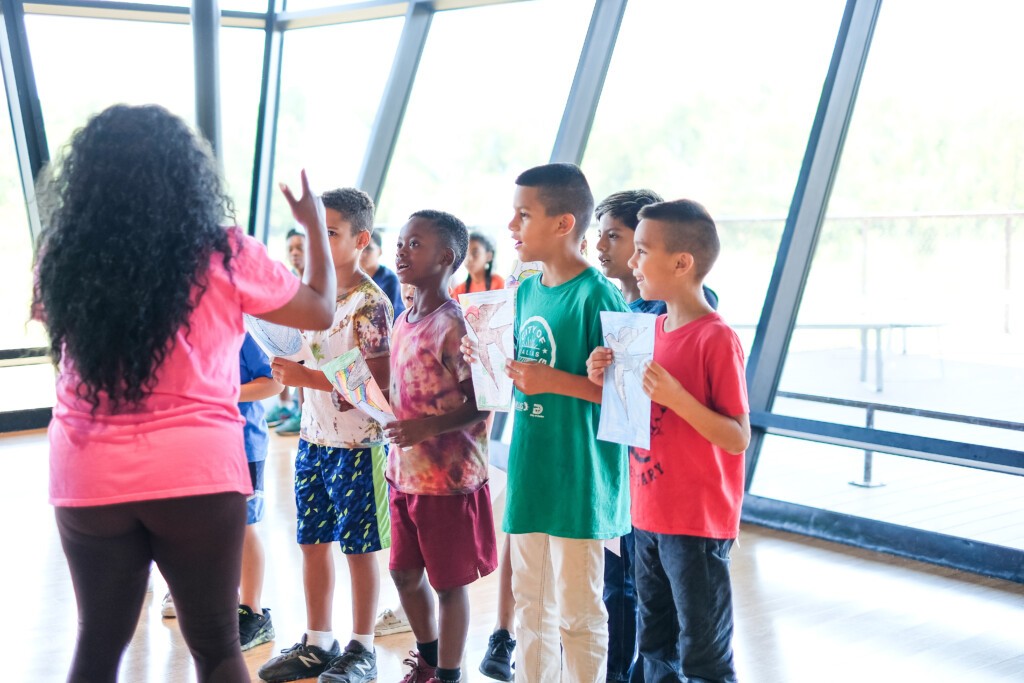
In the cultural and commercial hub that is Dallas, Texas — home of the NFL’s Cowboys, site of JFK’s assassination, and land of the Big Oil VIPs — one out of every four residents is under the age of eighteen.
One of them is Kismet Jayce “KJ” Hudson, a confident and creative seventeen-year-old with his eyes set on a career in film. And although his hometown’s public school district is doing all it can to meet the diverse needs of its 140,000 students, the reality is that no city’s schools can do it alone.
Every community needs creative outlets for expression and self-discovery that can transcend a fourth-period art class. And everyone deserves to access those outlets in their own neighborhoods, where they live.
The good news, in Dallas at least, is that everyone can — thanks to Big Thought, a national leader in out-of-school programming, and a nearly forty-year-veteran of providing young people like KJ with meaningful opportunities to learn how to think and act creatively.
“The reality is that in every community, we’ve got some empty seats,” said Big Thought’s President & CEO, Erin Offord. “We’ve got some youth that aren’t even going to school. How do we reach those kids, and get them reconnected to their communities and their own internal sense of possibility? That’s the question that has animated us since our founding.”
Indeed, although it began as an afterschool arts program in 1987, Big Thought has since grown into a sprawling mycelial network of youth-focused organizations, programs and participants that traverse all of Dallas’s 30+ neighborhoods, touching everything from creativity to culture change.
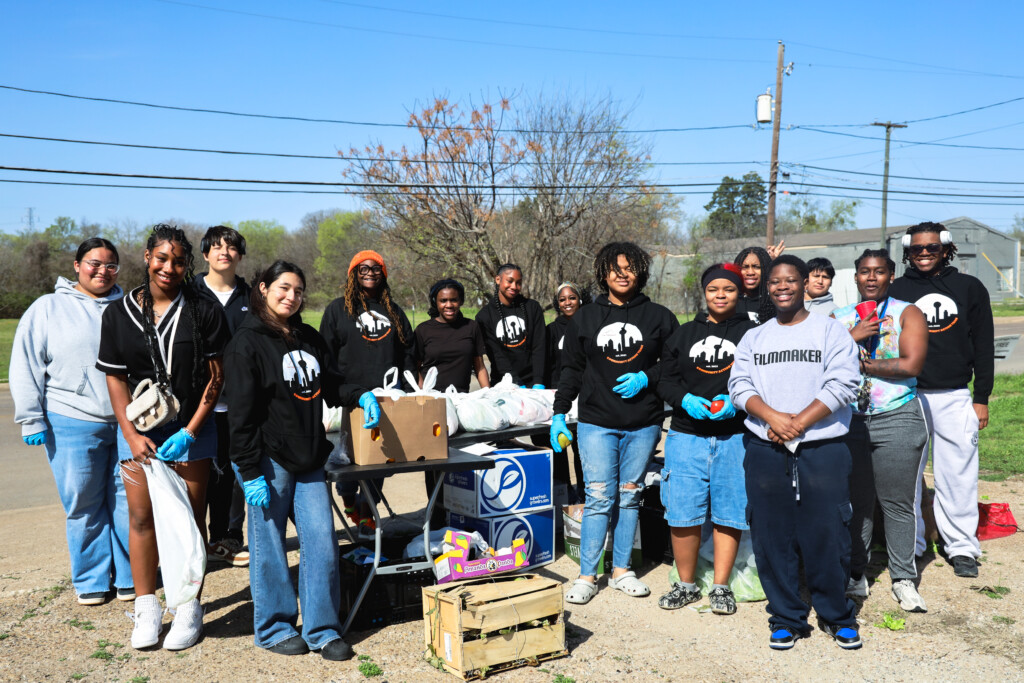
“This organization is really serious about stewarding young people’s voices,” said Kristina Cola, Big Thought’s Senior Director of Learning Systems. “We create programs and experiences. We convene community partners and resources. And we consult on best practices and impactful programming, all in service of helping young people thrive. We were doing learner-centered work before that was even a term.”
KJ’s entire childhood is a testament to the truth of that statement.
“I’ve always been very artistic,” he told me one recent afternoon. “I remember being very little and falling in love with Earth Wind & Fire’s “Sun Goddess,” and wanting to learn how to play guitar and keyboard. But I also wanted a lot more, and my mom was determined to find it for me.
“My mom is my family. We grew up together. She had me younger, but she’s always been a role model for me, and she has always told me, ‘You can achieve anything you want if you stay focused.’”
To feed that focus, KJ’s mom leaned on Big Thought, which served as an advance scout of enrichment opportunities her hometown had to offer.
One was called DaVerse Lounge, a weekly event with a DJ, crafts, and a poetry slam.
“I started going to those consistently,” KJ told me, “and dreaming of when I’d be old enough to stay for the after hours stuff. It got me into songwriting and poetry, and allowed me to start producing artwork that reflected my deepest feelings.”
Then COVID hit — and the lounge stopped. But KJ’s mom found other programs through Big Thought’s network of partners — ones that could appeal to a different side of her son’s personality.
“I got connected to Artivism, which uses art to support activism on meaningful causes,” KJ explained. “And my involvement in that led me to another program called the Community Action Team, which has become a family more than anything else. I’ve witnessed a lot of injustice, and I want to be a part of the solution and not just passively watch it unfold.”
Later that day, I watch as KJ facilitates a meeting of civic organizations that are all working with Big Thought to provide meaningful internship experiences for youth. Wearing black slacks and a crisp button-down shirt, he skillfully leads a roomful of adults through a series of creative exercises, from designing a program to help prepare youth for the workforce, to picking a world issue and making a plan that would allow young people to participate in advocacy efforts around that issue safely and effectively.
One of the attendees is Big Thought’s Youth Advancement Coordinator, Ania Hodges. “I was raised in libraries,” she began, “by a young mother who took advantage of all the free programming the city had to offer. We have to redefine the purpose of our education systems. If we truly want all people to be dynamic and in tune with themselves, we have to dismantle the old system, and find a better way.”
LaChanda Dupard, the Co-founder and Executive Director of Fit & Faithful Living, agreed. “Our organization started out as a health and fitness organization, but with Big Thought pushing us, we’ve morphed into this full-fledged youth leadership organization. And I love that we’re able to provide a service like this, but at the same time, we need a system we don’t need to hold off in order to do the work that really matters.
“Conventional schools focus on abilities, not passions. We need to flip that.”
Greg MacPherson, who leads the Big Thought Institute, believes this is the next challenge for Dallas to confront. “What is the new educational system here?” he asked. “And what new lens can it create that we can all learn from?”
As part of their efforts to explore that question, Big Thought joined the inaugural cohort of twelve communities across the country that are working with Education Reimagined to establish “learner-centered ecosystems.” And although that work has just begun, the building blocks of a learning ecosystem feel like they’re in place here, with a functioning public school district, a wide range of civic allies and partners, and a rich tapestry of out-of-school learning and enrichment opportunities for young people to explore.
“What is the next step in a young person’s journey towards adulthood?” MacPherson continued. “I love the way we use creativity to help young people grow. But now we’re trying to figure out the right dosage. How much exposure to creative thinking and self-discovery is really necessary to change a person’s life? If we could confirm that amount, that would be a game changer.
“We want to foster wider and deeper ownership,” MacPherson added. “We have a lot of people adrift right now. But when you have a healthy arts system, you have a healthy city. And when you help young people lead their own development, and share what they’re learning directly with other young people, you’ve succeeded in shifting away from thinking of young people as recipients of programs, and towards seeing them as true co-leaders and co-creators.”
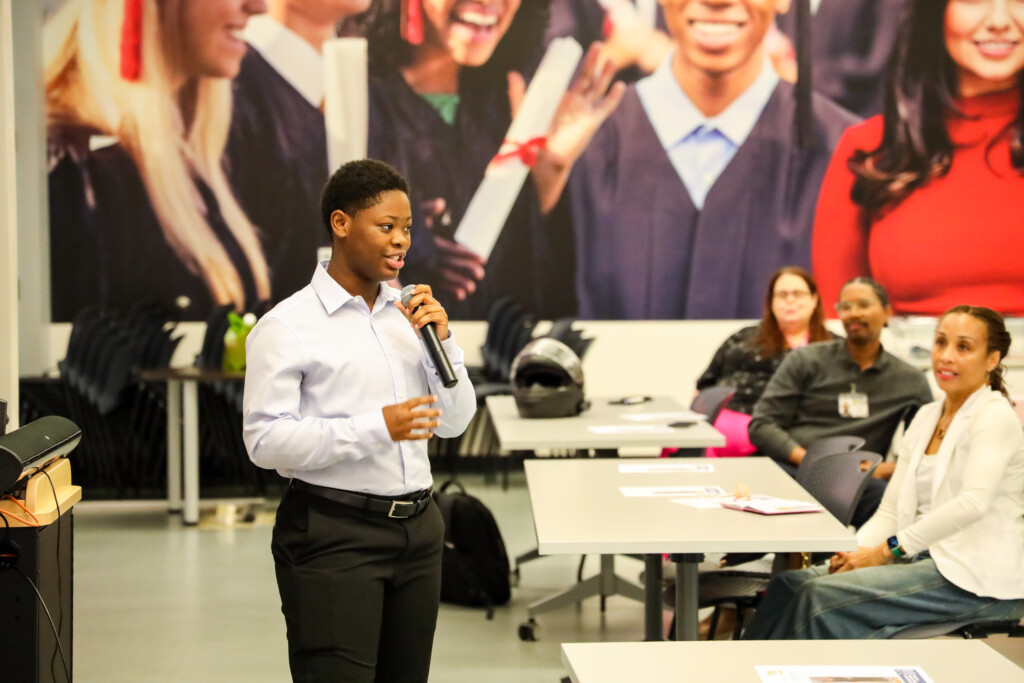
In this regard, young people like KJ are the clearest indication of what a learner-centered ecosystem can engender. “I’m almost a Big Thought poster child,” he said proudly. “I wish more people my age knew how many things they could do in their lives. A lot of us have the skills, but we don’t know that they’re valuable, or how to surface them. So having people outside of school who can support you and guide you? It’s everything.
“Big Thought has helped me take my authenticity and then channel it in ways that other people can receive it,” he added. “I hear about the bygone times when everyone knew everyone else in their community. But for me, Big Thought is the neighborhood.”
This article is part of a series highlighting sites from Education Reimagined’s Learner-Centered Ecosystem Lab. In collaboration with writer, filmmaker, and global design consultant Sam Chaltain, Education Reimagined is showcasing the development of learner-centered ecosystems in communities across the United States.
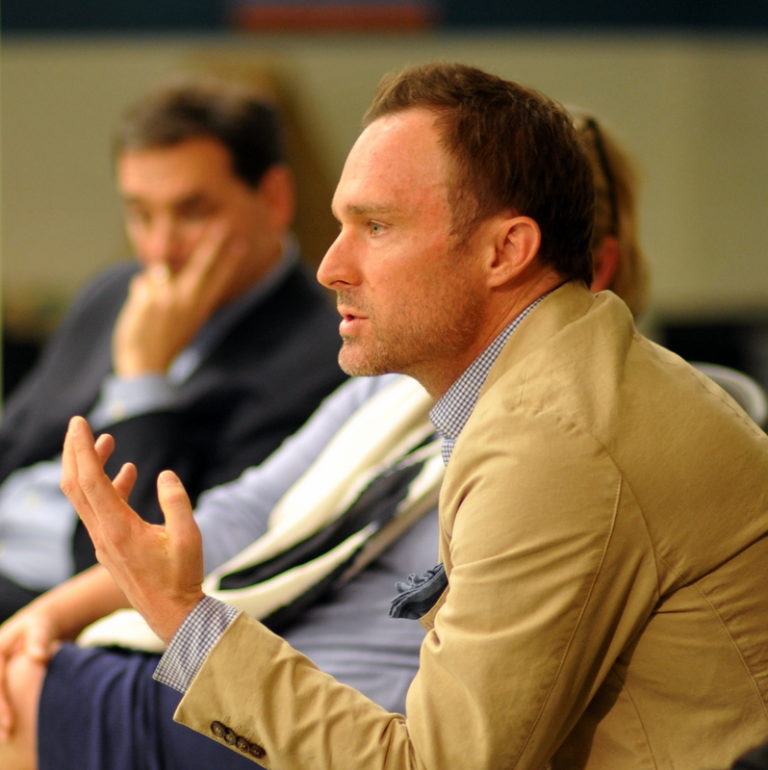


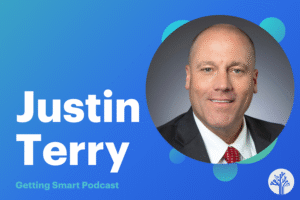
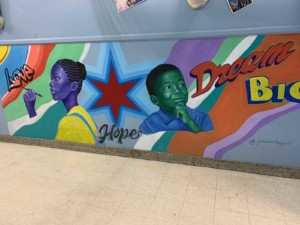
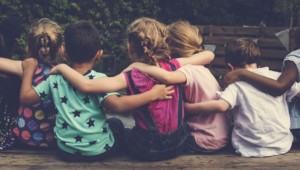
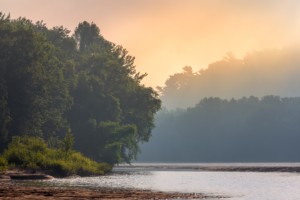
0 Comments
Leave a Comment
Your email address will not be published. All fields are required.